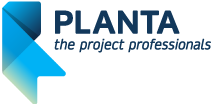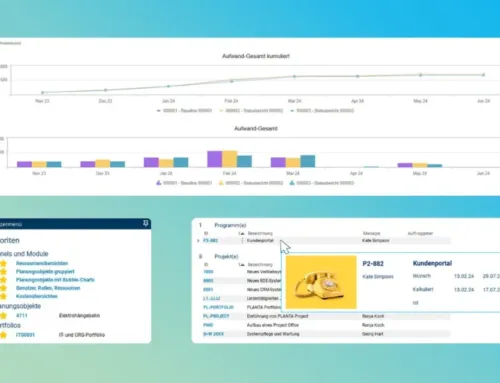Top-Ranked Programming Language Python
| Translated by Julian Hammer
Why Python Will Continue to Dominate in 2025
Python will remain the world’s most popular programming language in 2025. According to the latest Popularity of Programming Language Index (PYPL Index, January 2025), which measures the popularity of programming languages based on the frequency of tutorial searches, Python tops the list with an impressive 29.8% market share. It is not only the fastest growing programming language, but also the most popular worldwide. Many developers who are not yet using Python are planning to do so in the future — clear evidence of the success of this versatile language. The TIOBE index also confirms that Python is the most widely used programming language in the world.
Important facts about Python:
1st place in the PYPL and TIOBE index
Indispensable in AI, web development & automation
Large companies such as Google, Netflix, CERN & Microsoft use Python
Why is Python so popular?
- Simple syntax : Python is easy to understand & read
- Vast libraries: Pandas, NumPy, TensorFlow, Django & more
- Cross-platform: Works on Windows, macOS & Linux
- Huge community: Millions of developers worldwide
Python 3 – The Language for Modern Software Development
Python was developed in the 1990s by Guido van Rossum. Today, Python is the leading programming language in many industries:
Where is Python used?
- Data science & artificial intelligence – TensorFlow, PyTorch, Scikit-learn
- Web development – Django, Flask, FastAPI
- Automation & DevOps – Cloud-Automation mit Ansible, Terraform
- App & software development – AI-supported applications, enterprise software
- Internet of Things (IoT) – Raspberry Pi, MicroPython
New in 2025:
- FastAPI is increasingly used for modern APIs
- Python 3.12 offers optimized performance & improved type system
- Edge AI with Python: Python is becoming increasingly important for AI on IoT devices
PLANTA and Python – Flexible and Future-Proof
PLANTA relies on Python for its multi-project management systems since 2009. Why?
Flexible customizing — adaptable workflows & user interfaces
Easy integration — Python adapts to existing systems
Scalability & maintainability — future-proof technology
Example: PLANTA Project uses Python for customizing. Python-API does not only enable easy adjustments on the surface in the form of masks but also the implementation of entire workflows.
Future of Python — What’s coming in 2025 & beyond?
- Python & quantum computing – the first libraries for quantum algorithms are developed
- Edge AI & IoT – Python advances AI on decentralized devices voran
- Cloud-native Python apps – Kubernetes & serverless Python applications
- Experts agree: Python remains the most important language for AI, web & automation.
Conclusion: Why Python is indispensable for companies
Python offers:
- Easy integration & customization for companies
- Rapid development thanks to large libraries
- Long-term maintainability & stability
FAQ
What is Python used for?
Python is used in areas such as web development, data analysis, AI, automation and software development.
Is Python hard to learn?
No, Python is considered one of the easiest programming languages to learn.
Why is Python so popular?
Python is flexible, intuitive and has an extensive library and an active community.
What advantages does Python offer to companies?
It enables rapid development, adaptability and long-term maintainability of software solutions.
Can Python be used for large-scale projects?
Yes, Python is scalable and is used by companies such as Google, CERN and YouTube.
You too can rely on Python!
Customize your PLANTA Project to your needs and make your business processes more efficient.
This blog post has been translated by Julian Hammer
Related Posts
RECENT POSTS
What Are Gantt Charts? Definitions, Functions and Examples
Beate Schulte2025–04-14T10:48:23+00:0014. April 2025|
Project Steering: Explanation, Tasks and Methods
Beate Schulte2025–04-07T12:43:59+00:004. April 2025|
10 Effective Methods and Strategies for Multi-Project Management
Beate Schulte2025–04-11T16:38:05+00:0013. March 2025|


















